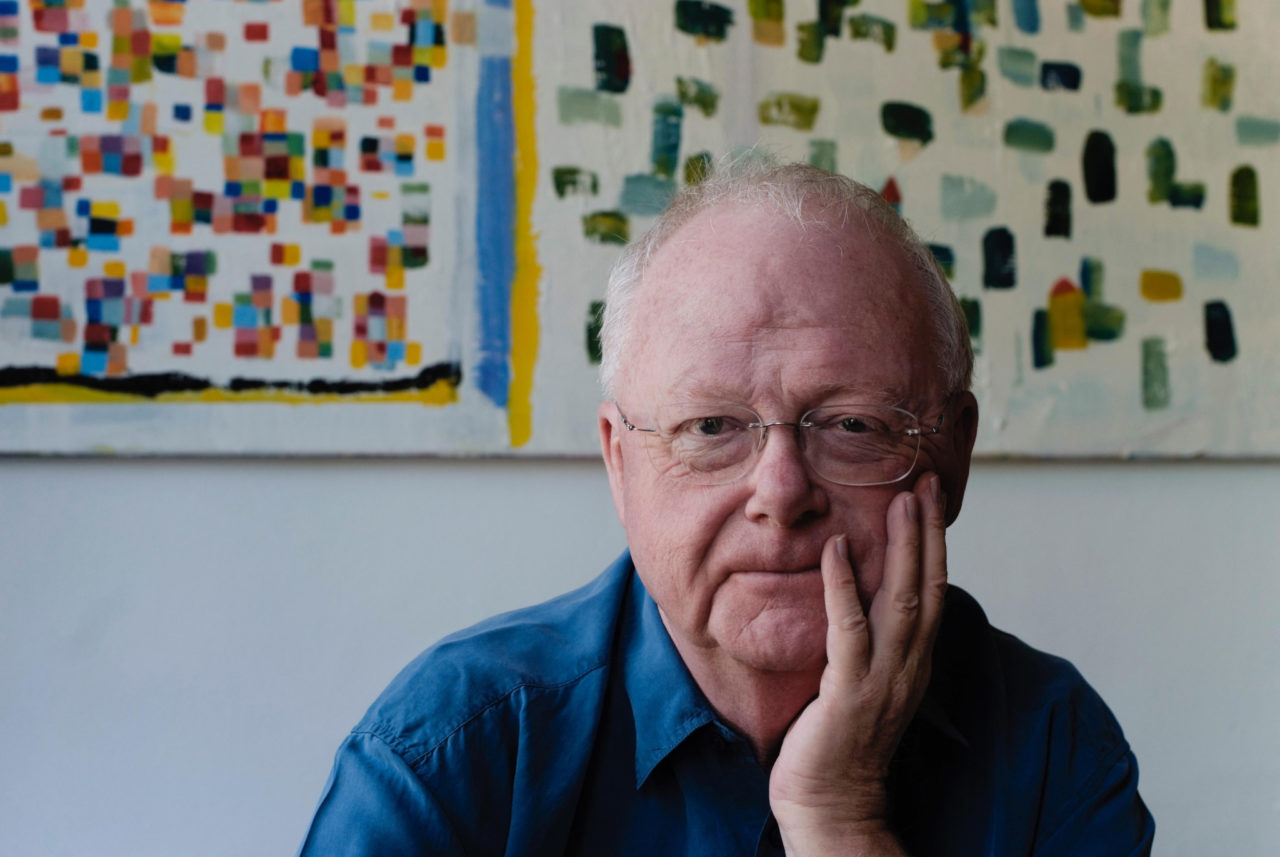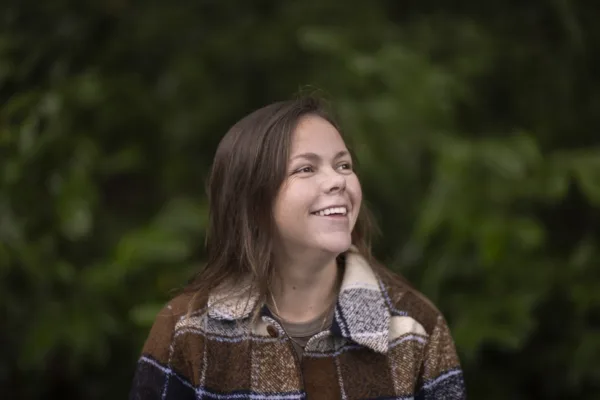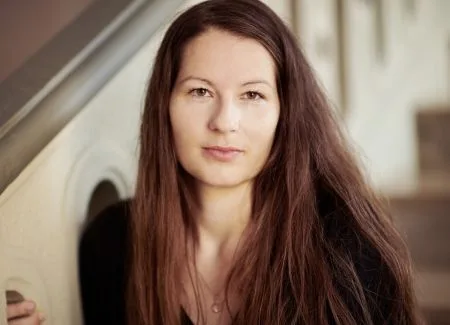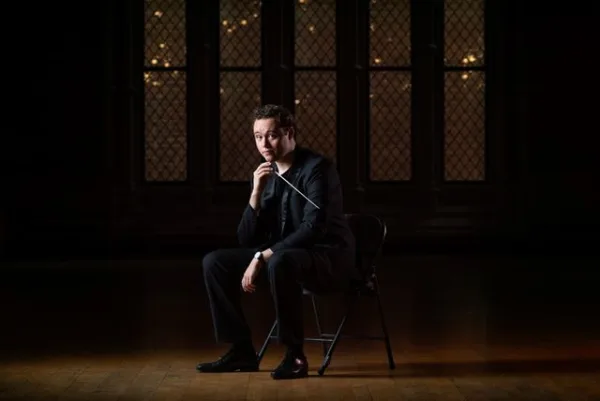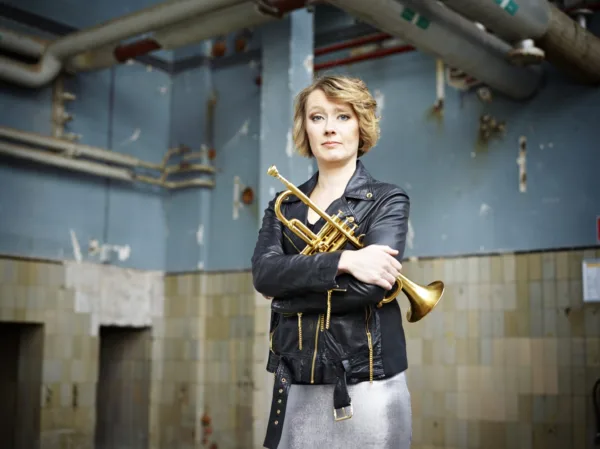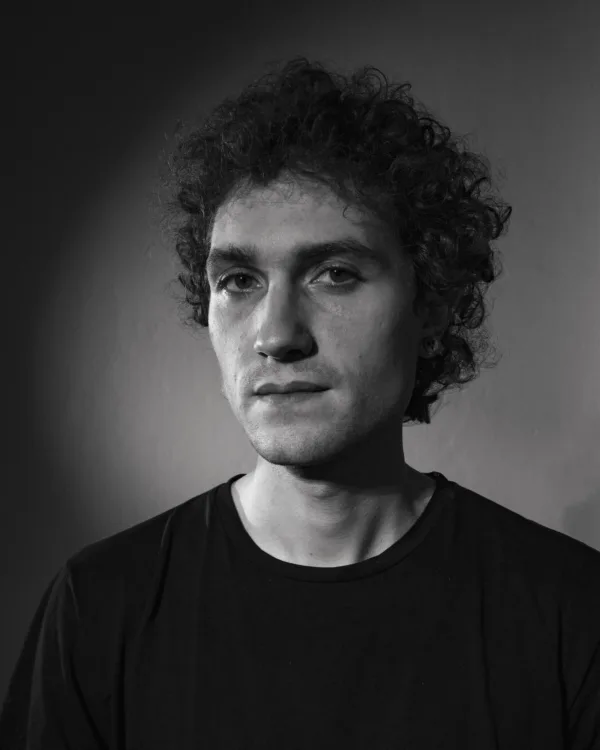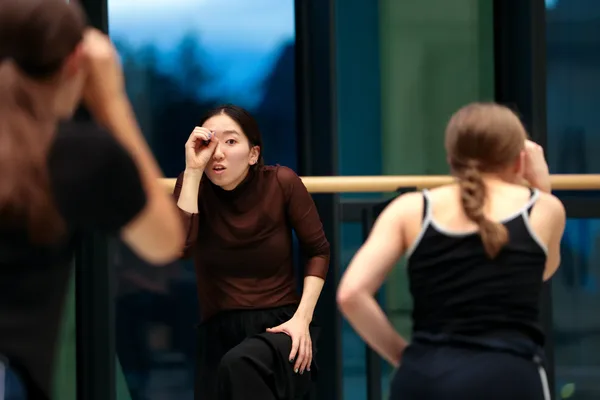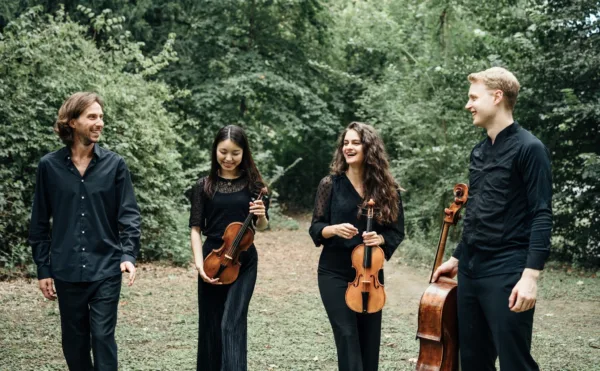Louis Andriessen (6 June 1939 - 1 July 2021)
The importance of Louis for our Composition department, our school and the music community in general, both in the Netherlands and internationally, cannot be overstated. Louis was, in every respect, a leader and an inspiration. A figure who possessed natural authority when speaking about his own music or that of others. Born into a family of composers, writing music and improvising were in his blood.
De Volharding, De Staat, Hoketus, De Snelheid and Worker’s Union and many other pieces like them, shook the refined, bourgeois world of contemporary and classical music.
Louis devoted the same passion to composing a work for amateurs or a friend’s birthday as he did in writing for the New York Philharmonic or the Dutch National Opera.
A unique inventor of music, his work was radical and could be both complex and accessible at the same time. The music he composed came straight from the heart and was aimed directly at the heart of the listener.
He was a very approachable person and had an aversion to gravity. He was a very friendly man who enjoyed the company of others.
Louis loved to work with other artists, as he demonstrated with the impressive number of theatrical works he created. Large works like his operas De Materie, Rosa, Writing to Vermeer, La Commedia and Theatre of the World, but also earlier, lesser known but equally disturbing and beautiful pieces like the Matthew’s Passion, Doctor Nero, George Sand, and Orpheus, on which he collaborated with small musical-theatre companies and kindred spirits like Louis Ferron and Lodewijk de Boer.
His advice to young composers was: establish your own practice, form your own ensembles, constantly seek collaboration, and always try to do things differently.
The major exponent of this advice was of course his band, De Volharding, but it is also exemplified by Hoketus, the band that Louis formed at the Royal Conservatoire. Both groups have toured the world extensively, initially with Louis as their pianist. A non-hierarchal thinker with a very profound knowledge of music in all its aspects (with the possible exception of electronics), he read widely and had a broad range of interests. Novels, biographies, poetry, research reports: you never knew what you might find him reading.
Louis started his career at the Royal Conservatoire teaching orchestration in the Composition department in the 1970s. He quickly established himself as one of the most sought-after teachers of composition in the world.
Together with his colleagues Dick Raaijmakers, Jan Boerman, GiIius van Bergeijk and Diderik Wagenaar, he put our Composition department on the international map. It was during that period that the team became known as ‘The Hague School’.
As a teacher, he was incredibly supportive. Always showing up at concerts, afterwards the teaching and discussion would continue into the late hours in the bar.
He taught many of us the importance of true craftsmanship and discipline. But maybe even more relevant was his message on awareness. Why do you compose? For whom are you composing? How is your music connected with what is happening around us in the world? Everything he said conveyed a genuine compassion for and engagement with society.
Over the last few years, Louis has often been compared with that other great and influential Dutch composer, Jan Pieterszoon Sweelinck. It took a while for Sweelinck’s importance in musical history to become apparent. Louis is of equal stature.
The immediate tsunami of national and international reactions to his death are testimony to the global awareness of Louis’ importance. They also demonstrate the affection he enjoyed as a person and the extent to which his generosity of spirit is reciprocated around the world.
Louis’ soul and mindset are embedded in the DNA of the Royal Conservatoire’s Composition department. We will greatly miss his wisdom and his visionary ideas.
But we still have his fantastic oeuvre and can rest in the knowledge that it will continue to be performed again and again.
Martijn Padding
Fotograaf: Patella Francesca

